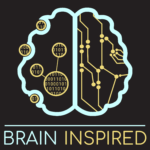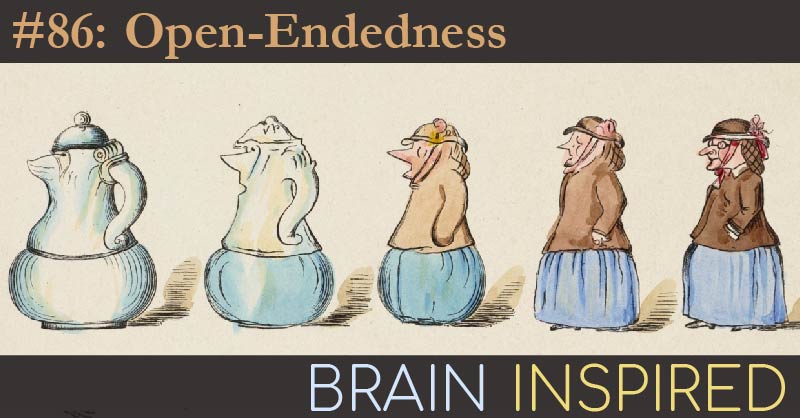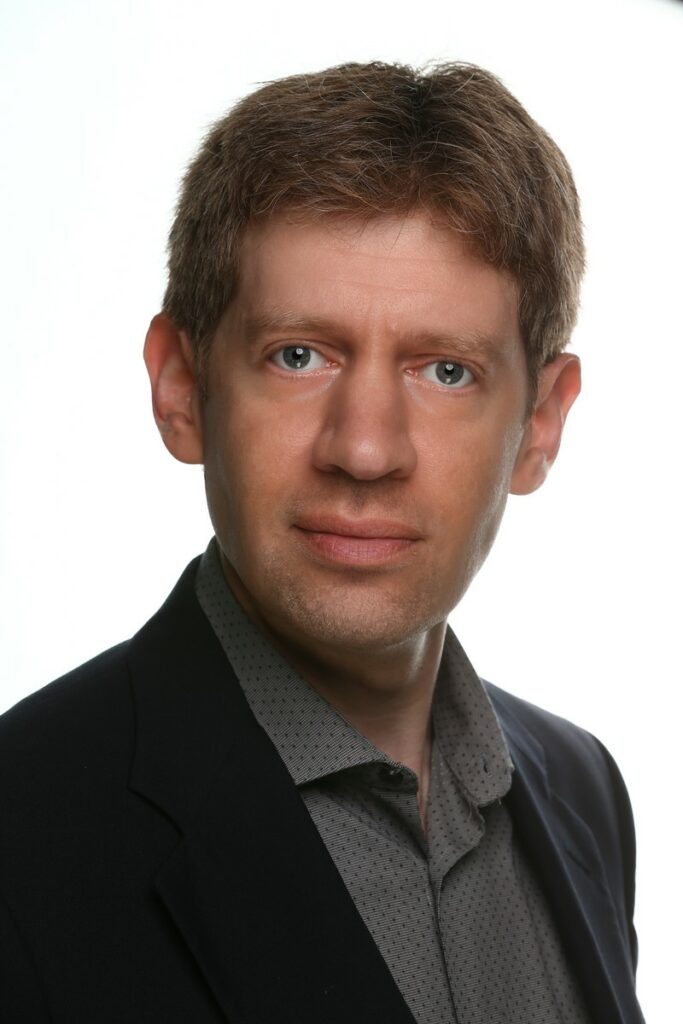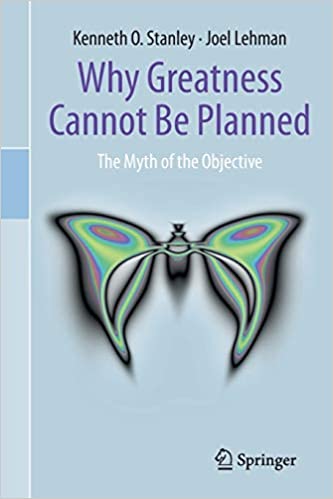


Ken and I discuss open-endedness, the pursuit of ambitious goals by seeking novelty and interesting products instead of advancing directly toward defined objectives. We talk about evolution as a prime example of an open-ended system that has produced astounding organisms, Ken relates how open-endedness could help advance artificial intelligence and neuroscience, and we discuss a range of topics related to the general concept of open-endedness, and Ken takes a couple questions from Stefan Leijnen and Melanie Mitchell.
Related:
- Ken’s website.
- Twitter: @kenneth0stanley.
- The book:
- Why Greatness Cannot Be Planned: The Myth of the Objective by Kenneth Stanley and Joel Lehman.
- Papers:
Some key take-aways:
- Many of the best inventions were not the result of trying to achieve a specific objective.
- Open-endedness is the pursuit of ambitious advances without a clearly defined objective.
- Evolution is a quintessential example of an open-ended process: it produces a vast array of complex beings by searching the space of possible organisms, constrained by the environment, survival, and reproduction.
- Perhaps the key to developing artificial general intelligence is by following an open-ended path rather that pursing objectives (solving the same old benchmark tasks, etc.).
0:00 – Intro
3:46 – Skip Intro
4:30 – Evolution as an Open-ended process
8:25 – Why Greatness Cannot Be Planned
20:46 – Open-endedness in AI
29:35 – Constraints vs. objectives
36:26 – The adjacent possible
41:22 – Serendipity
44:33 – Stefan Leijnen question
53:11 – Melanie Mitchell question
1:00:32 – Efficiency
1:02:13 – Gentle Earth
1:05:25 – Learning vs. evolution
1:10:53 – AGI
1:14:06 – Neuroscience, AI, and open-endedness
1:26:06 – Open AI

